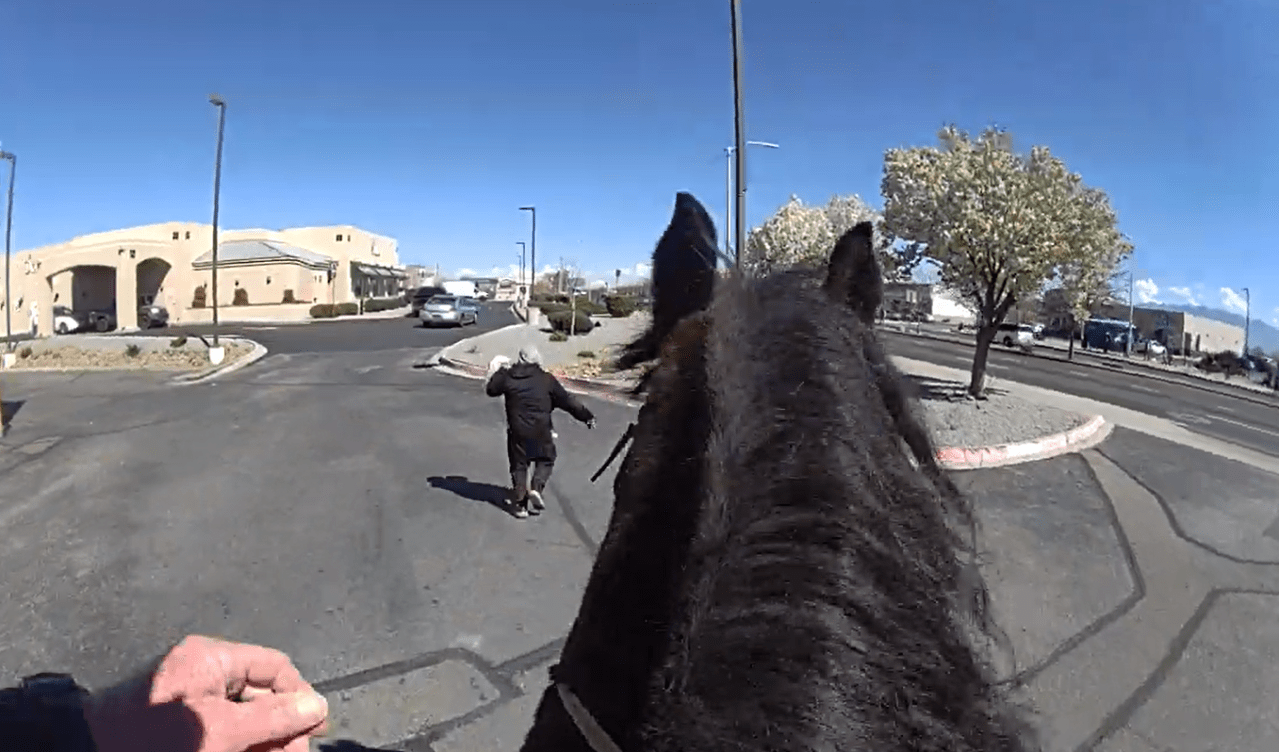Important facts:
-
There are regulations in Argentina that require information from exchanges.
-
According to some Argentine exchanges, “nothing changes” for clients.
The regulation of Bitcoin (BTC) and cryptocurrency exchanges in Argentina allows the regulatory authority, which is the National Securities Commission (CNV), to access customer information and their transactions.
This is in accordance with the guidelines of the Financial Action Task Force (FATF) supervisory guide for regulating virtual asset service providers. document Which leads regulation of the cryptoasset sector in countries whose rules have already been established (like Argentina at present).
The South American nation has been among the countries that have adopted FATF recommendations for some time. However, with the new regulation, a registry of cryptocurrency service providers such as exchanges, wallets, and payment gateways was created. so, All the registered people will be under the surveillance of CNV.
In general terms, this registry includes the registration of every company in the Bitcoin sector that resides in Argentina and allows users in that country to work with cryptocurrencies.
“This is a list that we have to sign up to so that CNV knows which companies operate in the country,” said Julian Colombo, leader of the Bitso exchange in Argentina.
The registration of suppliers is reflected in the anti-money laundering law, which has been amended by the Argentine Senate to introduce FATF guidelines to regulate the cryptocurrency ecosystem. In four paragraphs, the law opens the way for CNV Becomes the body in charge of supervision and control Operation of exchanges and related companies.
It goes beyond being a list
But in Argentina the New Testament remains just a list. Once companies are registered, they are granted a license. And, later, for the maintenance of the registry.
Although the license is a credential that supports the service operator to operate on Argentinian soil under the supervision of the CNV, it is also true that the regulator requests information from customers involved in suspicious transactions or from people from sanctioned countries.
Specifically in its Article 39, the standard states that all natural and legal persons who provide these services to Argentinian users “They must report their activities to the CNV”. This is, “for the purposes of its inclusion in the registry, under the terms and conditions and time limits established by that regulator”.
Now, although FATF recommendations call for knowing users’ personal information, this was already being done in Argentina. In 2014, when the Unit for Financial Information (UIF) approved a proposal that, among other things, The obligation to report operations with crypto assets was established.
Then, in 2017, the Argentine tax system was modified to include cryptocurrencies within income tax. Whereas, in 2019, the Federal Administration of Public Revenue established a reporting regime that requires exchanges Submitting monthly reports on your operations and transactions,
It should also be mentioned that the anti-money laundering law, to which the supplier registration data is added, also establishes the liability of these companies Reporting your operations to the regulatory bodyWhich is CNV.
“No problem”
Even though Argentine exchanges and, as a result, the country’s government will have private information of cryptocurrency users due to their adherence to FATF guidelines, there are companies in that country that They call for peace and assure that “nothing happens.”
As CryptoNoticias reported on Wednesday, March 27, Bitso Argentina and Lemon Argentina claimed there would be no changes for users and that their operations would remain as before.
In fact, Julian Colombo of Bitso Argentina stressed that “the government is not asking us for information about users or asking us to modify any service or product.”
But this is a reality that is unstable to change, Seeing that the countdown has started So that all companies in the cryptocurrency sector are registered in the registry of the CNV of Argentina.
Be that as it may, the regulatory body, CNV, still needs to issue guidelines that cryptocurrency companies in Argentina must follow in order to meet regulations. This is where it will be determined whether nothing will actually change for users or, on the contrary, everything will be different.















